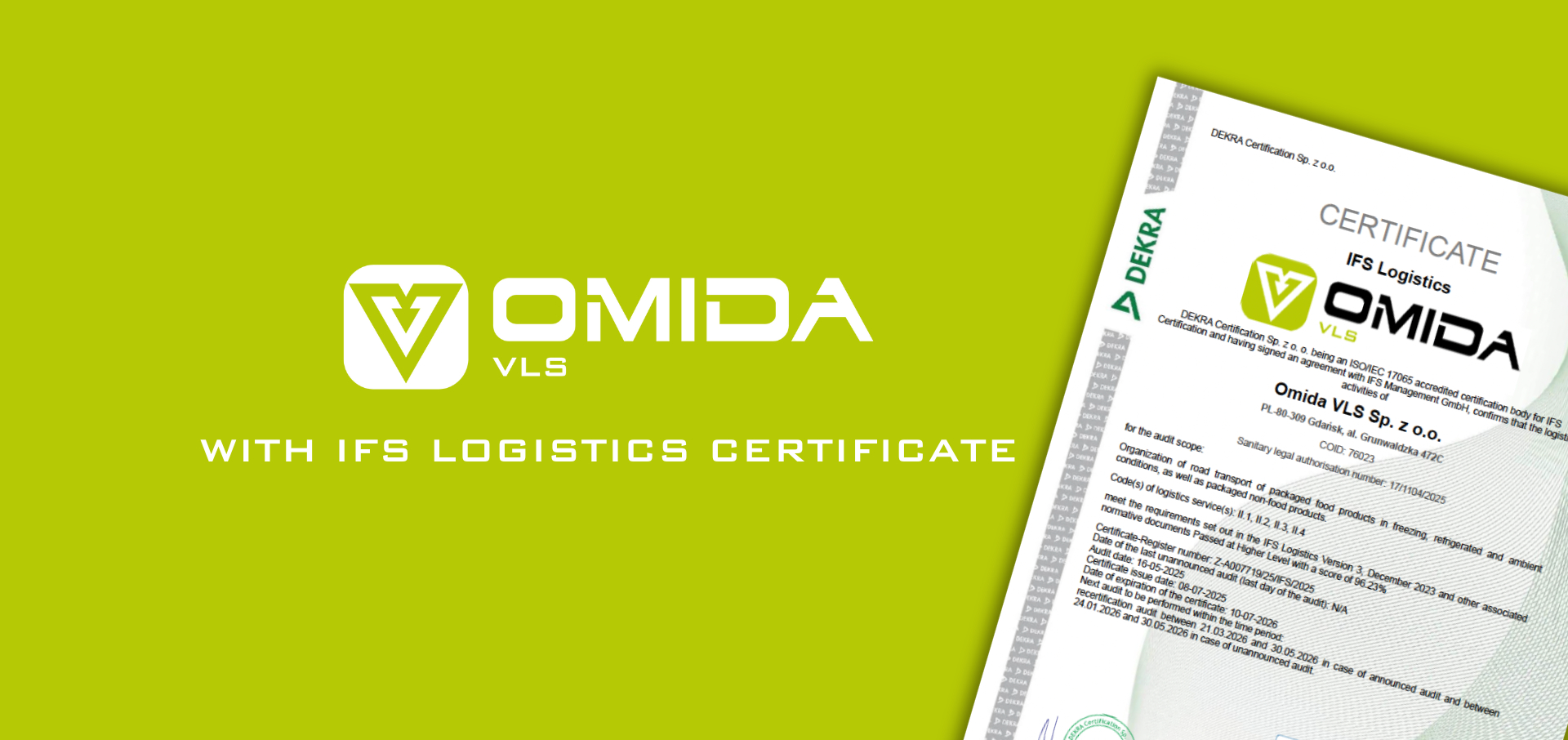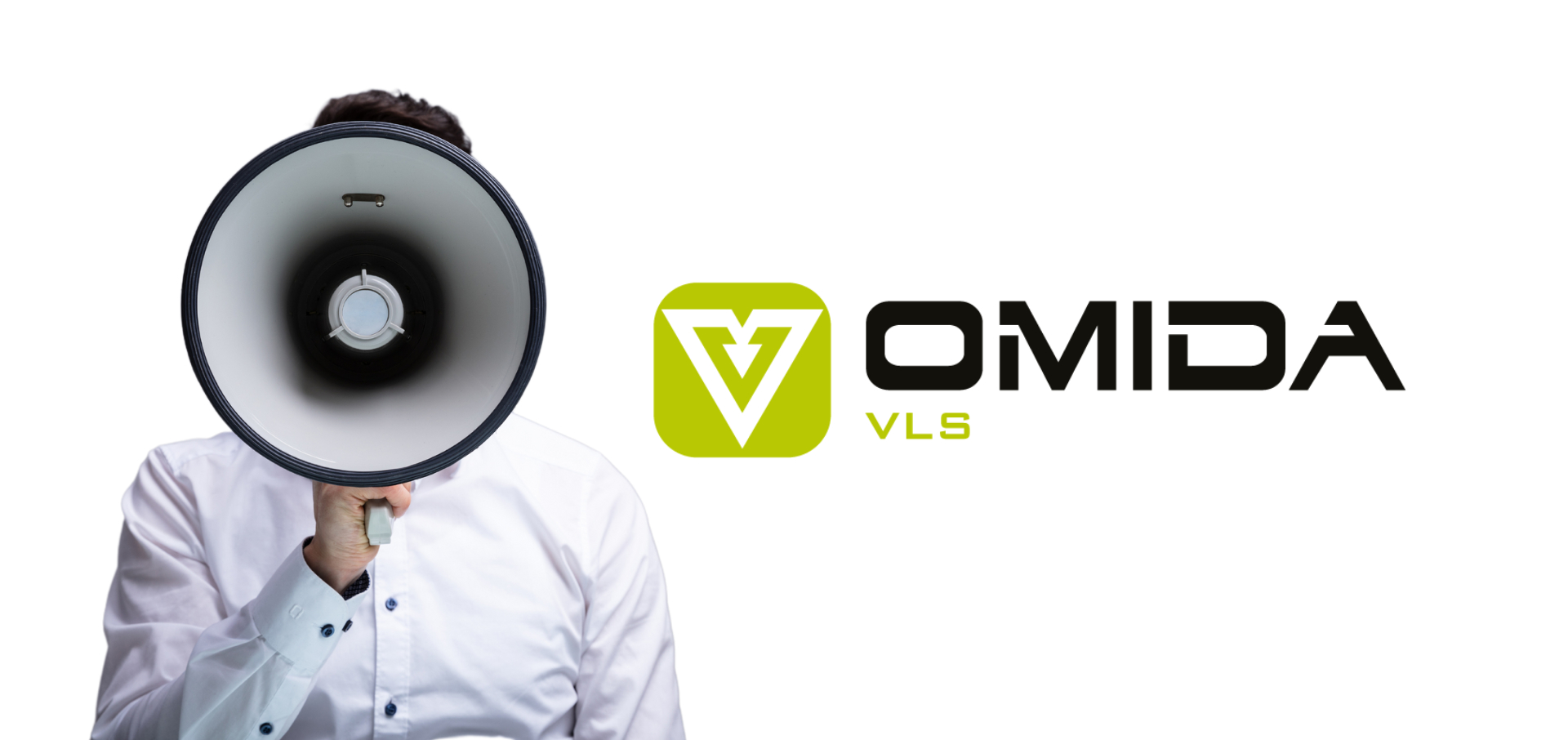Air transport is one of the fastest yet most demanding sectors of logistics. How is air freight organized, what challenges does it pose for freight forwarders, and what competitive advantages does Omida VLS offer? We discuss this with Łukasz Boczar, Manager at the Rzeszów branch.
Łukasz, how did your journey with express air freight logistics begin?
Łukasz: My journey in transport started in 2013 at TNT Express. TNT provided both road and air transport, and at the beginning of my career, selling road transport was easier and more natural. However, as TNT expanded its air network, air freight started playing a bigger role in my daily work. My interest in air logistics gradually grew—initially, it was mere curiosity, but it quickly turned into a passion. I discovered that discussing air transport with clients was highly satisfying and allowed for the development of long-term business relationships.
At a later stage in my career, before Virtus, together with Ola, who is now part of our team, we built an air department. Over time, Virtus and Szymon Rusztyn emerged with the idea of launching an air product within the company, and he trusted us to make it happen.
How was the Express Connect service developed at Omida VLS?
Łukasz: The first step was to establish a formal structure and professional documentation, enabling us to enter the market. We focused on legal aspects, certifications, and memberships in transport organizations such as IATA (International Air Transport Association), which brings together airlines and regulates air cargo transport standards, and WCA (World Cargo Alliance), the world's largest network of independent freight forwarders, facilitating global cooperation and logistics support.
Collaboration with other departments was also crucial in ensuring an understanding of air transport specifics. Together with Monika Brodaczewska and the invoicing team, we addressed concerns about this new transport sector. We integrated our department within the company, demonstrating how this service could complement road transport, particularly when time is a critical factor in maintaining and securing our clients' business.
Equally important was the immense support from Ula Landowska, who, in the initial weeks, handled documentation and significantly assisted with bureaucratic matters related to IATA and WCA.
Initially, apart from Ola, Konrad joined the team, and more recently, Marcel has also come on board. Currently, everyone has a defined role—I focus on client relationships, Ola handles operations and documentation, Marcel supports both areas, and Konrad oversees road and express transport operations. Despite this division of responsibilities, we remain flexible and support each other as needed.
Which industries most frequently use air transport?
Łukasz: Air transport is chosen by companies for whom delivery time is critical. Although it accounts for only 1% of the global transport volume, it generates as much as 35% of the logistics industry's revenue, highlighting its significance.
The industries that rely on air transport the most include:
Automotive – requiring timely delivery of parts,
Medical – transportation of medicines, medical equipment, and biological materials,
Aerospace – where precise logistics and rapid delivery of aircraft parts are crucial,
Jewelry – ensuring the safe transport of valuable shipments,
Financial sector – transporting documents and financial assets.
Thanks to its reliability and efficiency, air transport is indispensable wherever rapid delivery is essential.
How does your department collaborate with other road transport branches at Omida VLS?
Łukasz: Our key advantage is providing a full supply chain service—from road transport to air freight and final delivery. Clients using our services in Europe don’t need to look for additional providers for shipments to the USA, China, or India—we handle everything within a single organization.
By integrating road and air transport, we efficiently manage express shipments, ensuring on-time delivery regardless of distance.
Łukasz, regarding the volume you handle, do you deal more with dedicated cargo flights or freight transported in passenger aircraft?
We use both passenger connections—from major players to smaller airlines that are key on specific routes—and cargo aircraft. It’s difficult to provide exact proportions, as the choice depends on the type of cargo and available connections. Cargo aircraft allow for larger and heavier pallets, but a significant portion of air cargo is transported in the baggage compartments of passenger planes.
In terms of cargo types, we handle everything from small 70 kg packages to multi-ton injection molds, and sometimes even entire charters dedicated to specific shipments.
What goals does your department have for the future?
Łukasz: We aim to continue our dynamic growth and maintain an upward trajectory. Last year, we achieved record-breaking results, both for Omida VLS and in our careers. While budget and ambitious sales targets remain a priority, equally important is raising awareness among our road transport colleagues.
Our goal is to demonstrate that we support and develop joint initiatives. Following recent changes and mergers, we want clients to know that by choosing us as their road transport operator, they gain a comprehensive, flexible, and secure logistics package. We are committed to further strengthening our unified brand and the Express Connect service.
Łukasz, thank you for the conversation, and we wish you continued success in developing the Express Connect Service at Omida VLS!
Łukasz: Thank you as well!


